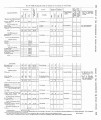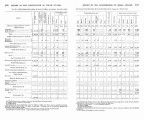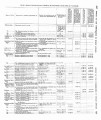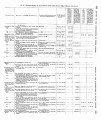| Title |
Annual Report of the Commissioner of Indian Affairs - 1872 |
| Subject |
Indian reservations; Federal government; Indians of North America; White people--Relations with Indians; Indians of North America--Treaties; Land use; Treaties; Hunting; Indigenous peoples--North America |
| Keywords |
Annual Report; Indian Agency; Reservations; Indian; White Relations; Land Rights; Tribal Funds; Native Americans |
| Publisher |
Digitized by J. Willard Marriott Library, University of Utah |
| Tribe |
Ute; Shoshone |
| Band |
Uintah |
| Language |
eng |
| Description |
Excerpts concerning Utah from the Annual Report of the Commissioner of Indian Affairs - Courtesy of the University of Wisconsin Digital Collections. The Commissioner of Indian Affairs makes distinctions between policies pertaining to "hostile" tribes and those pertaining to hospitable tribes. The Commissioner describes the tribes living in Utah and discusses the Shoshones' lack of a reservation and the Weber Utes' lifestyle and methods of subsistence. The Commissioner describes the development and use of the Uintah Reservation |
| Type |
Image/StillImage |
| Coverage |
Uintah and Ouray Indian Reservation (Utah); Utah; Washington (D.C.) |
| Format |
application/pdf |
| Rights |
Digital Image © 2011 America West Center. All Rights Reserved |
| ARK |
ark:/87278/s6fn42vn |
| Creator |
Commissioner of Indian Affairs |
| Date |
1872 |
| Spatial Coverage |
Salt Lake City (Utah); Uintah and Ouray Indian Reservation (Utah); Utah; Washington (D.C.) |
| Setname |
uaida_main |
| ID |
369561 |
| Reference URL |
https://collections.lib.utah.edu/ark:/87278/s6fn42vn |



































































































